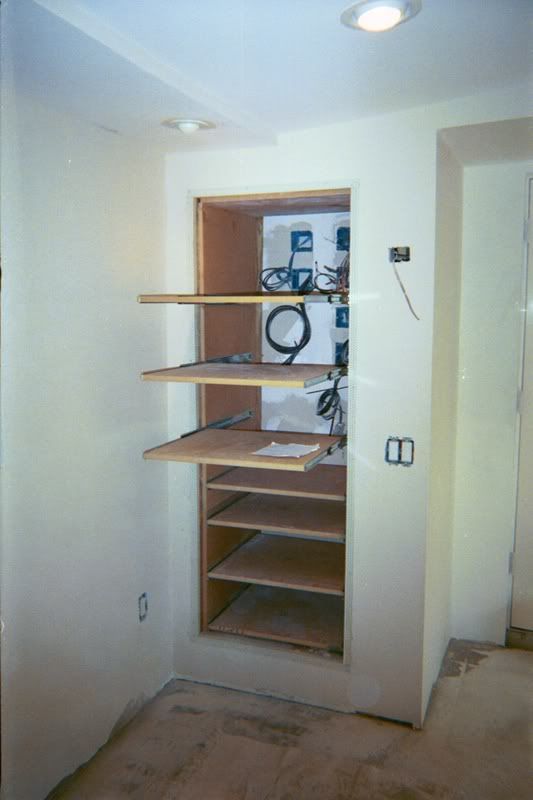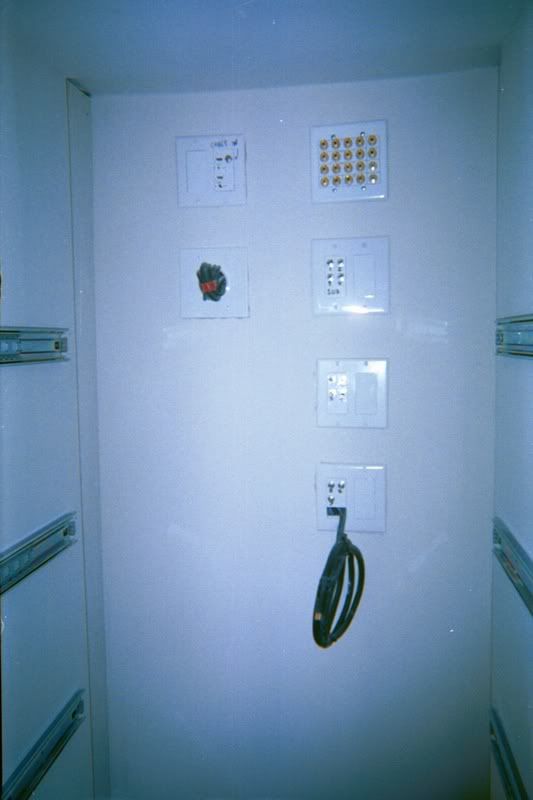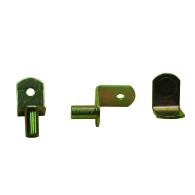speaker wires to short. - 01/16/07 10:29 PM
Ok, I am reorganizing my AV equipment with the addition of new Emotiva amp. The amp weighs so much I need to place it lower in my DIY AV rack so it does not break the shelfs. 
Anyway when I wired my surrounds, stupid me did not allow for a lot of extra slack. The speaker wire will barely reach the amp, but with no slack.
Is there some type of extension I can add to get more distance without sacrificing sound transmission quality to my Qs8's?
I seemed to see some longer banana plugs once, which might work. I really don't want to twist another piece of speaker wire to the existing run if I don't have to...
Thanks, Randy

Anyway when I wired my surrounds, stupid me did not allow for a lot of extra slack. The speaker wire will barely reach the amp, but with no slack.
Is there some type of extension I can add to get more distance without sacrificing sound transmission quality to my Qs8's?
I seemed to see some longer banana plugs once, which might work. I really don't want to twist another piece of speaker wire to the existing run if I don't have to...
Thanks, Randy




